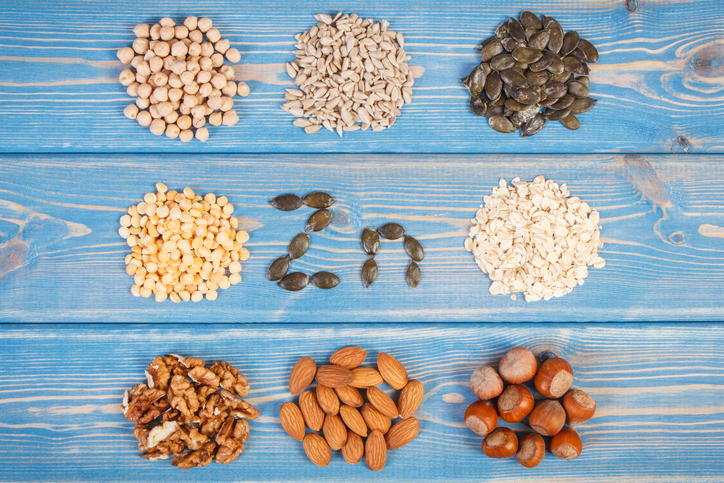Essential For Health
You may currently take zinc when you have a cold or flu. However, did you know that your cells need zinc on a daily basis? The adult body contains approximately 2.0 to 3.0 g of zinc, mostly stored inside your cells. Zinc has far-reaching actions which affect the health of your whole body.
Are Your Zinc Levels Low?
If you experience any of the following symptoms, your zinc levels may be low:
• Recurrent colds, flus and/or infections;
• Poor appetite, reduced sense of taste and/or smell;
• Sluggish digestion;
• Slow growth and development;
• Slow healing, acne and other skin conditions;
• Infertility;
• Sugar cravings; and/or
• Stress, anxiety, and depression.
The Low-Down on Zinc Deficiency
Many people are deficient in zinc. Inadequate dietary intake, increased physiological needs, or a diet high in sugar or alcohol and profuse sweating are common causes of zinc deficiency.
A Simple Taste Test
At True Medicine you can do a simple taste test to determine if you have a zinc deficiency. The test involves holding a zinc solution in your mouth for 10 seconds and assessing your taste response. The test relies on the presence of gustin, a zinc dependant enzyme. A lack of zinc reduces the activity of gustin, thus altering your taste perception.
Nourishing Your Body from A to Zinc
Zinc protects your cells from free radical damage, providing antioxidant defence. Zinc’s actions include supporting healthy immunity, and improving appetite and digestive function. Its ability to increase the healing rate of acne and wounds makes it indispensable for skin health. Zinc also plays a key role in blood sugar metabolism, for greater blood sugar control.
Zinc a ids growth and development, and is an important nutrient during pregnancy for both mother and baby. Zinc is also important for male health, fertility and sperm production, increasing sperm motility and concentration, therefore enhancing the chances of conception.
ids growth and development, and is an important nutrient during pregnancy for both mother and baby. Zinc is also important for male health, fertility and sperm production, increasing sperm motility and concentration, therefore enhancing the chances of conception.
Zinc is found in high concentrations in the hippocampus area of the brain which controls thought and memory. Recent research has shown zinc to be good for the brain, reducing stress and having a positive impact on mental function and mood.
You Don’t Just Have to Eat Oysters!
You can top up your zinc levels by increasing the intake of zinc-rich foods:
- Oysters are a rich source of zinc, but if you are not a fan; organic beef, pork, chicken and lamb all contain zinc.
- Non-animal sources include nuts, whole grains, legumes, yeast and ginger.
- Always seek the guidance of a qualified naturopath or nutritionist before supplementing as not all zinc is equal.

For a full health assessment contact True Medicine today on 07 – 5530 1863.
